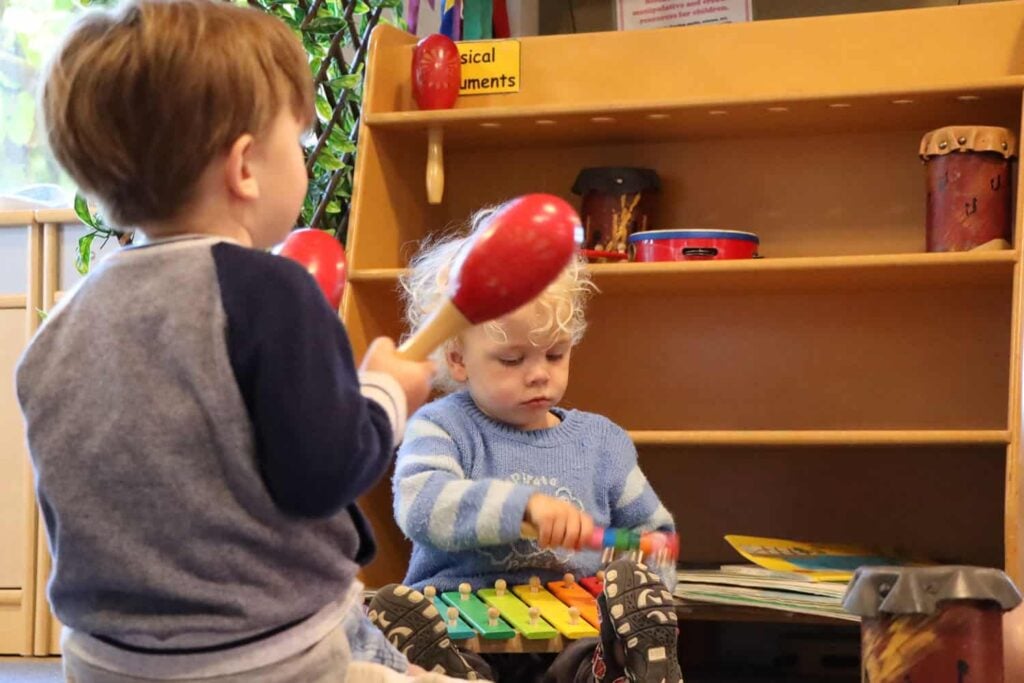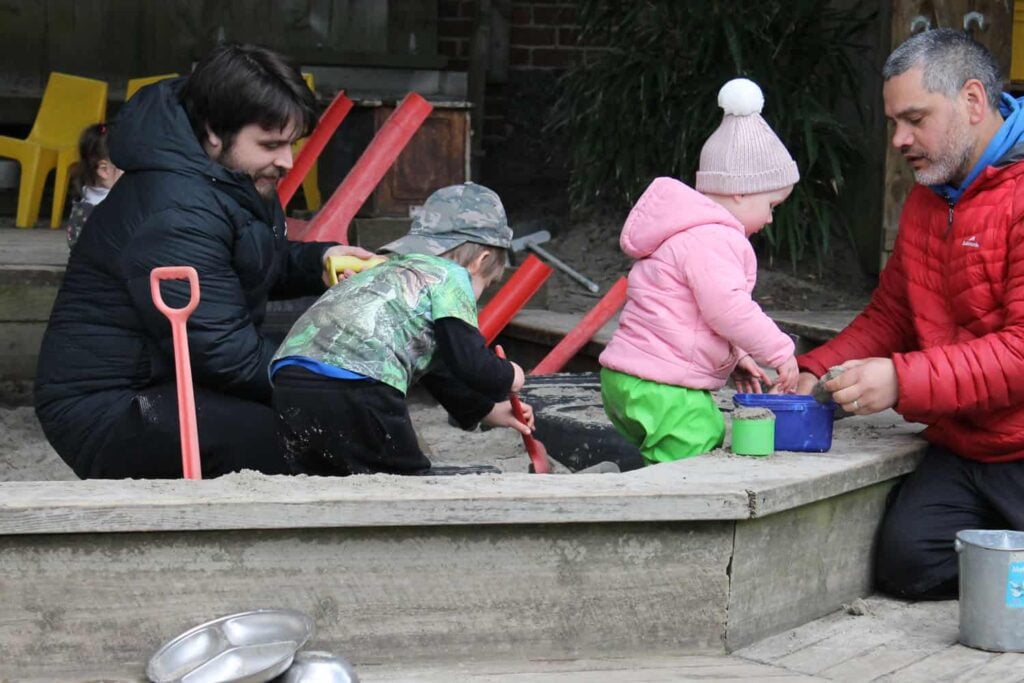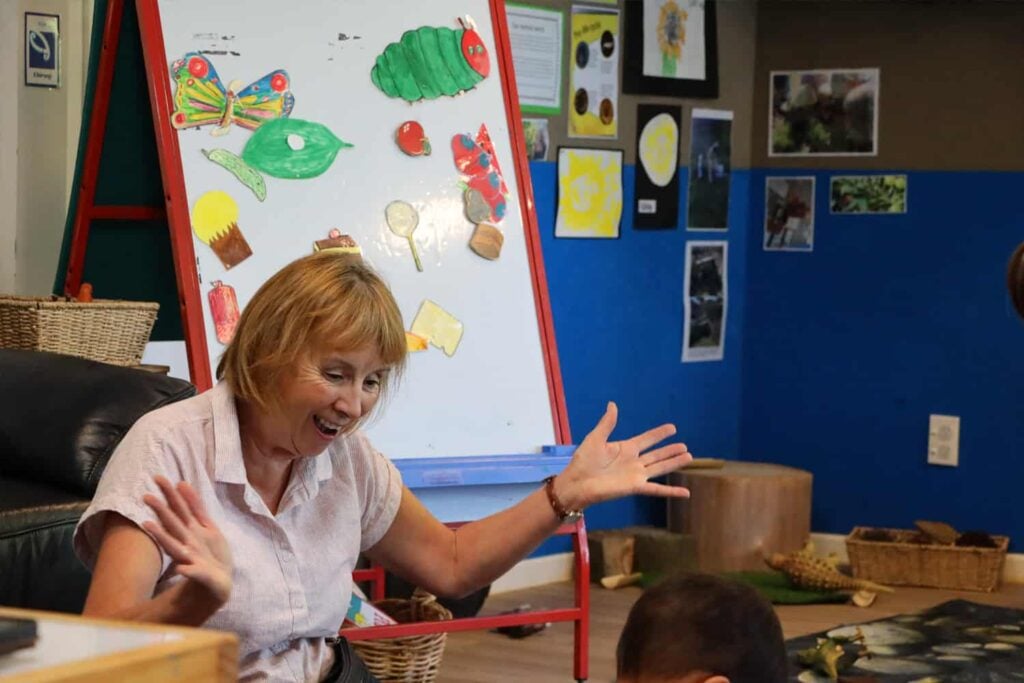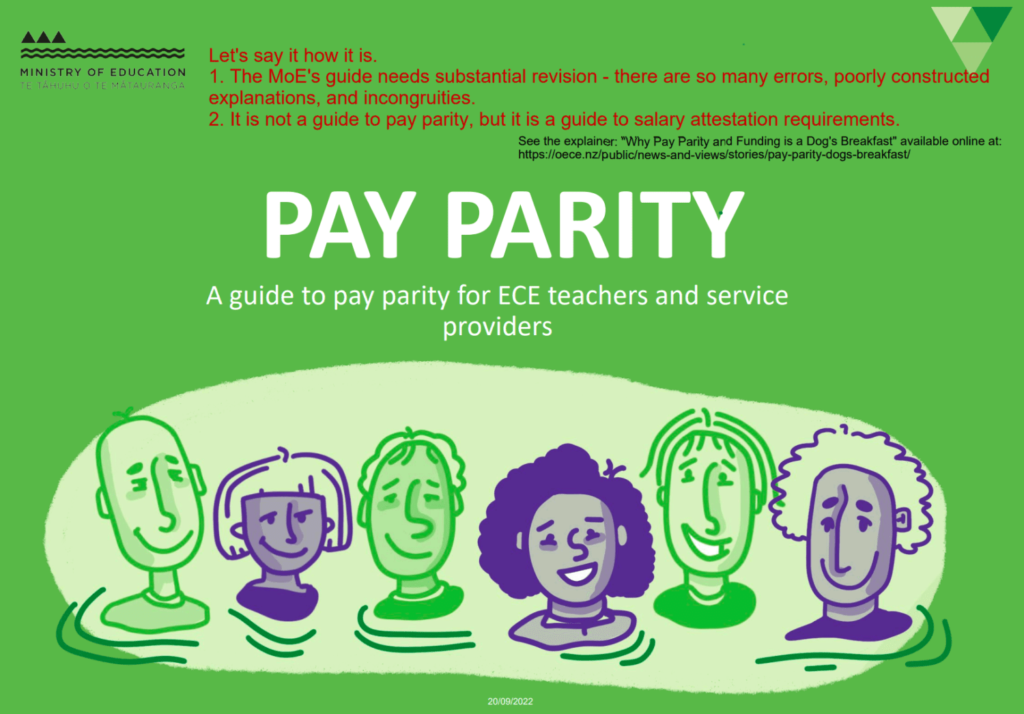Ministry of Education Complaints Process.
By Dr Sarah Alexander.
September 9, 2020.
The story goes back several years. It starts when I made an Official Information Act request in 2013 for details about complaints received in 2012. I was curious to see what information this could provide about the safety and quality of ECE services.
However what I learned led me to question the ministry’s complaint process. I questioned this publicly and reported on the complaints.
The Ministry didn’t welcome the spotlight. It refused subsequent requests for information on complaints and said it would begin to report on complaints and publish an annual report. Great! The ECE sector, parents and public have a right to information.
Another thing I called the ministry out on was its rate of investigation of complaints. The ministry has listened and its investigation rate has subsequently improved. Here are the figures:
- 2014 – 56% complaints investigated
- 2015 – 53% complaints investigated
- 2016 – 74% complaints investigated
- 2017 – 87% complaints investigated
- 2018 – 90% complaints investigated
- 2019 – 89% complaints investigated
The ministry has shown it can lift its performance in investigating complaints.
The next step is to make sure that the complaints system is capturing adequately all the complaints made. In 2014 I wrote: “there is no way of knowing if the Ministry’s complaints process for early childhood education is working well – whether it is robust, unbiased, and consistently applied across regions and investigators.”
415 Complaints in 2019 is the tip of the iceberg
A total of 415 complaints were recorded by the Ministry of Education for the 1 Jan – 31 Dec 2019 year. This is down on 430 complaints in 2018, but still higher than the 339 complaints in 2017.
“In 2018, we received 430 complaints about early learning services and certificated playgroups. These complaints were made in relation to 345 early learning services (including playgroups), or 6.3% of the early learning sector.”
“We received a total of 339 complaints about early learning services and certificated playgroups in 2017. The 339 complaints related to 286 individual licensed services and certificated playgroups, 5% of all early learning services in 2017.”
“In 2016 we received a total of 331 complaints about licensed early learning services.”
(Yet the Ministry’s 2019 report, provides a table showing 429 complaints in 2018 and 338 complaints in 2017 – a typing error perhaps).
Examples of the complaints upheld by the Ministry in 2019 were:
- Medicating a child when medication was not required
- Extremely high indoor temperature – confirmed by a health report
- More children attending than the service was licensed to hold
- Safety of equipment after a child fell and injured their eye on the corner of a table
- A van and car-seats that had been involved in an accident were continuing to be used to transport children
- A child’s hip was broken after being caught in the bars of a stacker cot and the cot guard rail hit the child’s head. The complainant took their child to the hospital and the injury was identified.
- A child was left in the outside area unsupervised when all other children were having food inside.
- A child received a skull fracture from a fall and parents were not told.
The complaints very likely represent the tip of the iceberg. This is because services operating illegally and dangerously can be left unchecked by the ministry for their lifetime. If it were not for complaints made by persons in 2019:
- 41 services with serious breaches in minimum standards would not have been put on notice to improve by having their licence downgraded.
- 9 services with problems serious enough to have their licence suspended would have continued caring for children
- 6 services with problems serious enough to have their licence cancelled would not have been permanently shut down.
In total 54 complaints led to 47 services having their licence downgraded at least once.
How the Ministry of Education complaints process and reporting can be improved
Timeliness of response and process of investigation
Making a formal complaint about a service is not a casual thing that people do. If a complaint is made then something is very likely wrong, or has gone wrong.
But, only 58% of the complaints that the Ministry investigated in 2019 were upheld by it. Why? One reason could be how long it might take for someone at the Ministry to actually visit the service and see for themselves what is going on, if they visit instead of simply calling or emailing the service provider.
Complaints may not be able to be upheld if investigation is not timely in relation to the nature of the complaint. In its report, the ministry should therefore include the dates for when a complaint was received, the first action taken (e.g. phone call to the service provider), when investigation commenced, and when actions were taken and follow-up.
Make it safe and easy for complainants
There are a lot of variables in whether someone makes a complaint. It is not in everyone’s nature to complain. A person needs to be in a space where they have the energy and time to put forward a formal complaint. They may worry how it could affect their job, the treatment of their child, or that others in their community might see them as a nark.
Parents and teachers may not want to approach the Ministry of Education because they may see it as a scary thing to do. Therefore, the Ministry of Education should support the option for parents and teachers to make anonymous complaints through the My ECE online reporting form. Currently, the Ministry leaves it up to people to discover this option because it says it prefers to know the identity of the complainant. There’s a story on this you may like to read.
Incident reporting
All incidents, including those that are operational matters such as “a fire in the kitchen” are listed in the ministry report together. It makes for somewhat interesting reading but the report is little good for learning.
In 2019 there were 60 serious incidents that met WorkSafe’s criteria for being a notifiable incident, i.e. the child was admitted to hospital or there was a death. Which services did these incidents occur at? What learnings can we in the early childhood sector take from each case? What recommendations for changes in regulations and licensing criteria, and ministry processes for licensing and inspection arise from each case? If the ministry hasn’t got the staffing resources to do this level of analysis then it could ask us at ChildForum or get a contractor in to help.
Transparency and supporting honest and upfront dialogue
When parents are kept in the dark this does nothing to build parent confidence in the ECE service. I find that most service providers are comfortable with being named. They know that gossip can be more harmful to reputation. It’s better for everyone if the ministry doesn’t hide the name of a service that has had a serious complaint against it upheld.
The service can increase parental confidence by showing improvements and that it has nothing to hide.
What the Survey says about constitutes a serious complaint
What should be classified as a complaint of a serious nature and who should decide? A quick survey of ECE people’s opinion on the serious nature or otherwise of some different complaints following the release of the ministry’s first complaints report, provides a useful starting point for discussion and decision-making. It is very interesting reading!









